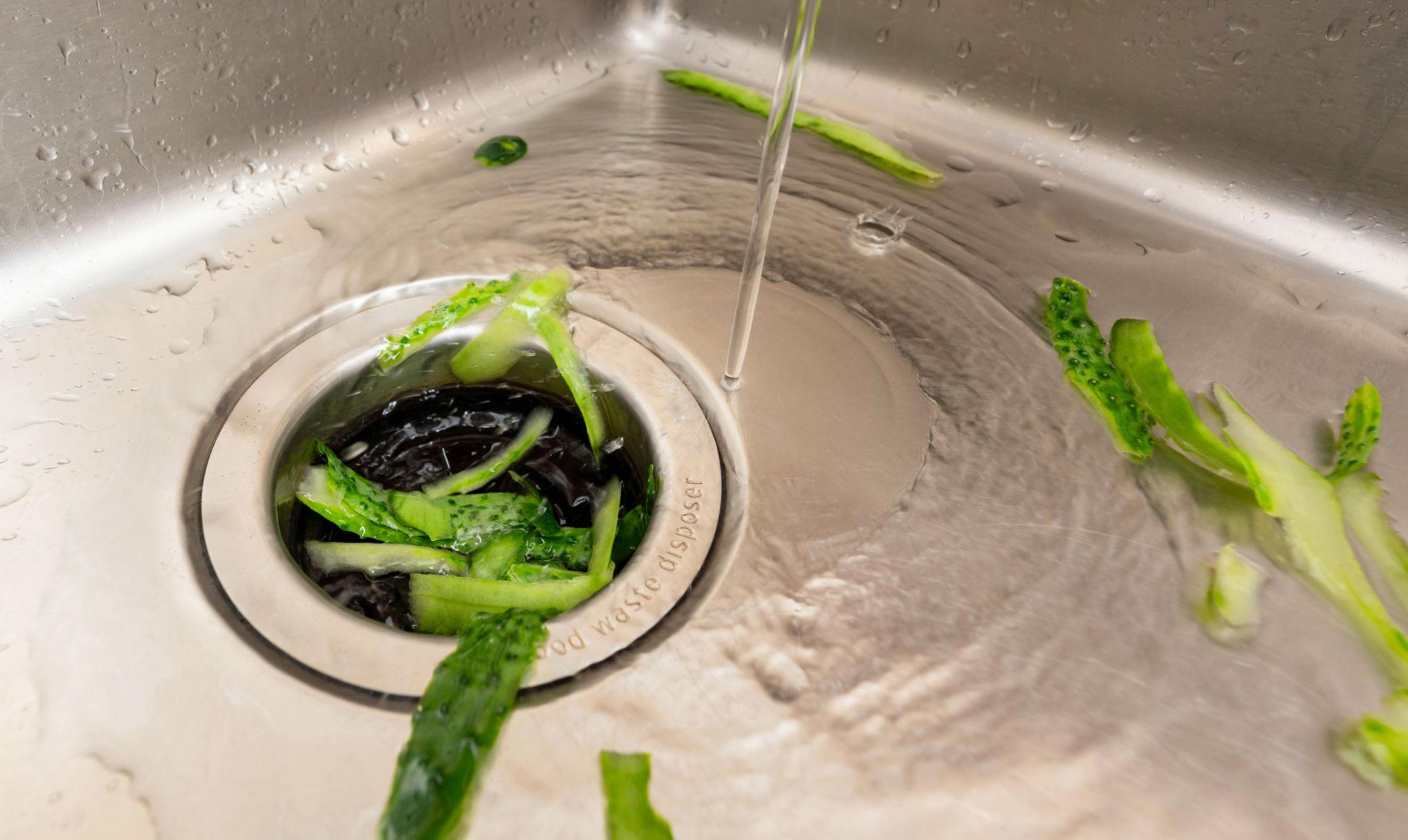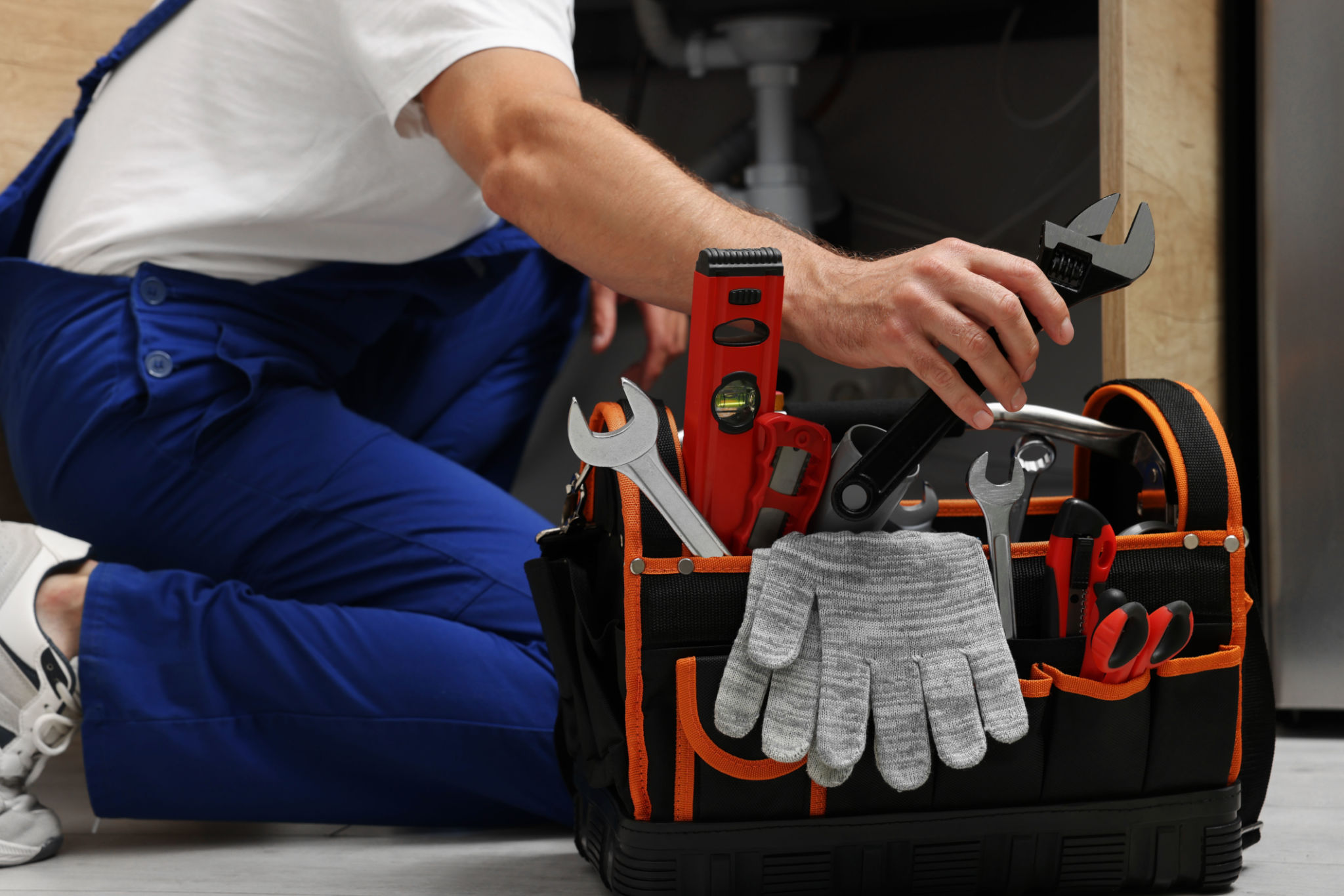Myth-Busting: Common Plumbing Myths Debunked
HG
Myth 1: Lemons Clean Your Garbage Disposal
One of the most common myths is that putting lemon peels down your garbage disposal will clean and deodorize it. While it's true that lemons can temporarily mask odors, they don't actually clean the blades or the interior of your disposal. In fact, the citric acid in lemons can corrode the metal parts over time.
For a more effective cleaning method, use a combination of baking soda and vinegar. This natural solution can help break down buildup and neutralize odors without causing damage to your appliance.

Myth 2: Flushable Wipes Are Safe for Plumbing
Despite what packaging may claim, “flushable” wipes are not truly safe for your plumbing system. These wipes do not break down quickly like toilet paper, leading to potential clogs in your pipes and septic systems. Over time, they can cause significant blockages and require costly repairs.
Toilet paper remains the best option for flushing. If you prefer to use wipes, it's best to dispose of them in the trash instead of flushing them down the toilet.

Myth 3: A Leaky Faucet Is Just a Minor Issue
Many homeowners believe that a leaky faucet is just a small nuisance and not worth immediate attention. However, even a slow drip can waste hundreds of gallons of water over time, significantly increasing your water bill and contributing to unnecessary water waste.
Fixing a leaky faucet promptly can save you money and conserve water, making it a wise investment for both your wallet and the environment.
Myth 4: All Plumbers Are the Same
Another prevalent myth is that all plumbers offer the same level of service and expertise. In reality, plumbing professionals vary widely in terms of experience, skills, and specialization. Choosing the right plumber for your needs requires research and consideration.
- Check for licenses and certifications.
- Read reviews and ask for recommendations.
- Ensure they offer a warranty on their work.

Myth 5: Hot Water Can Clear Any Clog
The idea that pouring hot water down a clogged drain will clear it is another widespread myth. While hot water can help dissolve some types of minor clogs, it is not effective for more serious blockages or those caused by grease, hair, or foreign objects.
For stubborn clogs, a plunger or plumber's snake may be necessary. If these methods fail, it's best to call a professional to avoid damaging your pipes.
Myth 6: Chemical Drain Cleaners Are Safe
Chemical drain cleaners are often marketed as quick solutions for clogged drains, but they can be harmful to both your health and your plumbing system. These chemicals can corrode pipes over time and pose risks to septic systems.
Instead of relying on harsh chemicals, consider using natural alternatives or mechanical methods to clear drains. Regular maintenance can also help prevent clogs from forming in the first place.

Conclusion
Understanding the truth behind common plumbing myths can help you make better decisions about maintaining your home's plumbing system. By debunking these myths, you can avoid costly repairs, conserve resources, and ensure your plumbing functions smoothly. Remember, when in doubt, consulting with a professional plumber is always a wise choice.